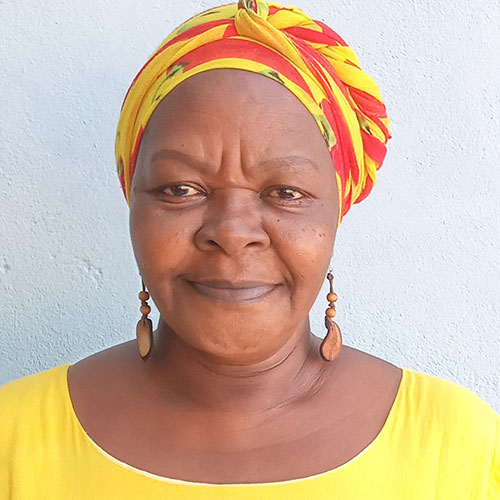NGO promotes a new way to protect urban territories in Brazil
The Termo Territorial Coletivo project has been in action for 5 years and helps communities protect properties


On October 28, 2023, the III Seminar of the TTC project – Collective Territorial Term (Termo Territorial Coletivo, in Portuguese) took place at the headquarters of the Public Defender’s Office of the State of Rio de Janeiro. Furthermore, the 5th anniversary of this initiative promoted by the NGO ComCat was also celebrated on the same date.
But what does TTC mean?
The TTC (Collective Territorial Term) is an internationally recognized model, which seeks to guarantee access to housing and the permanence of communities in their territory, based on an arrangement that combines collective and individual interests. It also strengthens communities and stimulates local, resident-led development.
Felipe Cruz, sub-coordinator of the project, who has worked on the initiative since 2019, and Rosely Franco, collaborator at ComCat, Comunidades Catalisadoras, give a little more details and talk about this initiative.
Check out the interview below
Coluna da Neuza: What is the TTC project?
Felipe Cruz: Our institutional mission is to bring the Collective Territorial Term model to Brazil, a model that already exists in several countries. It is an initiative that seeks to study, apply, and develop collective territorial terms in Rio de Janeiro and Brazil.
Coluna da Neuza: What is ComCat’s objective to the Termo Territorial Coletivo?
Felipe Cruz: The objective is to bring this model here and present it as a possibility for urban communities and favelas that want to regularize themselves, having more protection and greater security in remaining in their territory.
Coluna da Neuza: And why TTC?
Felipe Cruz: Because we know that in Rio de Janeiro, in particular, one of the biggest threats to favelas or poor communities, is the threat of removal by public authorities.
Another very dangerous threat is the real estate market, which are speculators, businesspeople and, companies who want to extract profit from the land, that is, who want to make money on land and housing.
Coluna da Neuza: What is the role of the Collective Territorial Term in this context?
Felipe Cruz: It provides a broader protective structure for the community so that residents can protect themselves both from removal by public authorities and from gentrification, which is this process in which the land where a community is located becomes valued; these residents are removed and another social class starts to live there.
Neuza Column: How does the TTC do this?
Felipe Cruz: He works according to a logic in which land is no longer a commodity. When a TTC is implemented, land can no longer be sold, it leaves the market, and only houses can be transacted. Residents own their own houses, they can manage them as they wish, but the land belongs to the entire community and, since it belongs to the community, it can no longer be sold.
This protects the community against threats from real estate market speculators who are interested in purchasing that land. So that is the TTC. To facilitate understanding, land ownership belongs to the community, it is collective, and the houses and buildings, in general, belong to the residents. This is the model.
Coluna da Neuza: What is the origin of the TTC?
Roseli Franco: The TTC has its origins in a North American model and works with two GTs (Working Groups in Portuguese); one in mobilization because it has to be done collectively, as it is a collective project. And there is the legislation GT, which is a way of guaranteeing this within Brazilian laws, which already allows this type of model.
Coluna da Neuza: What happens after the project is implemented?
Roseli Franco: The land now belongs to a legal entity, an association; and houses to the individual. This strengthens, communication with the state is stronger, not only for protection but also for services, as the speculator cannot make an individual proposal but rather with this association.
Did you like the project?
To make donations or get more information about the TTC click here.



